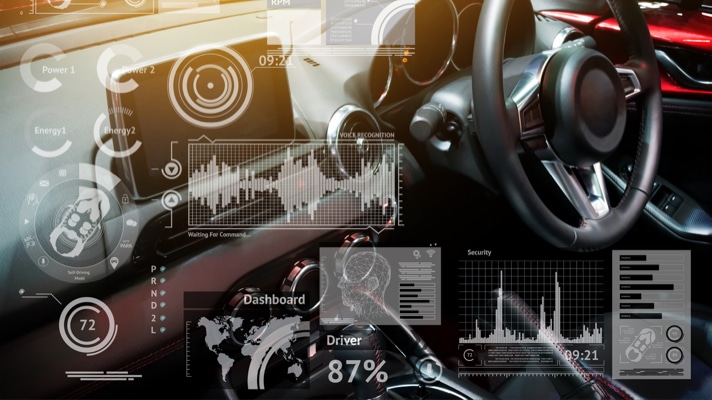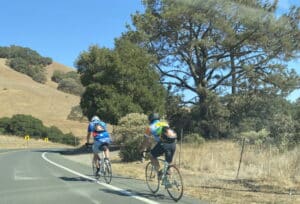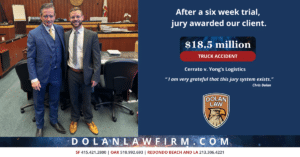Written by: Chris Dolan and Candice Sannella
As vehicles become smarter, they don’t just transport us—they collect vast amounts of data about our behavior and surroundings. From black box event recorders to biometric sensors tracking heart rates and eye movements, modern vehicles act as a witness, raising significant privacy concerns for plaintiffs.
Data Collection
Modern vehicles use advanced technology to collect a range of data that can be used in your personal injury case. This technology can be used to establish fault, challenge testimony, assess damages, and provide the defense with evidence that was not previously available.
These new data collection applications include:
Black Box Data (EDRs):
Tracks vehicle speed, braking, seatbelt use, and other factors leading up to an accident.
Biometric Data:
Measures heart rate, stress levels, and eye movements to monitor driver attentiveness and health.
GPS and Location Tracking:
Logs your travel history, destinations, and routes.
In-Car Cameras and Microphones:
Records video and audio interactions, often used in rideshare and autonomous vehicles.
Privacy Concerns for Plaintiffs
While vehicle data can strengthen a personal injury case, it also raises significant privacy concerns, including overreach in discovery, data misrepresentation, and security risks.
Overreach in Discovery:
Defense teams may subpoena unrelated data, exposing personal habits or sensitive information.
Data Misinterpretation:
Stress signals or GPS data could be used out of context, leading to unfair conclusions.
Security Risks:
Sensitive biometric and location data could be vulnerable to breaches during litigation.
What Protections Exist for Plaintiffs?
Ownership of Black Box Data
Under the Federal Driver Privacy Act, black box data belongs to the vehicle owner or lessee. Third parties must have consent or a court order to access it.
- Relevance Limits in Discovery
Courts typically restrict data requests to information directly relevant to the case. Plaintiffs can challenge overly broad subpoenas. - Privacy Laws
- California Consumer Privacy Act (CCPA): Gives California residents rights to control how their personal data is accessed and shared.
- Protective Orders: Plaintiffs can request court orders to limit the use or sharing of their data during litigation.
- Expert Testimony
Plaintiffs can rely on experts to contextualize biometric or black box data to prevent misuse or misrepresentation by the defense.
Common Questions About Vehicle Data in Personal Injury Cases
Q: Can black box data be used against me in a lawsuit?
Yes. If subpoenaed, black box data can be used to challenge your account of the accident, but only if the court deems it relevant to the case.
Q: Do I have to share biometric data in my case?
Not always. Courts often limit discovery to data directly related to the accident. A skilled attorney can argue to exclude irrelevant or overly intrusive requests.
Q: How can I protect my data in a personal injury case?
Work with an experienced attorney, like Dolan Law, to challenge improper data requests and ensure protective orders are in place.
Christopher B. Dolan is the owner of the Dolan Law Firm. Candice Sannella is an associate trial attorney in our San Francisco office. We serve clients from the San Francisco Bay Area and California from our San Francisco, Oakland, Redondo Beach and Los Angeles offices. Email questions and topics for future articles to help@dolanlawfirm.com. Each situation is different, and this column does not constitute legal advice. We recommend consulting with an experienced trial attorney to understand your rights fully.









